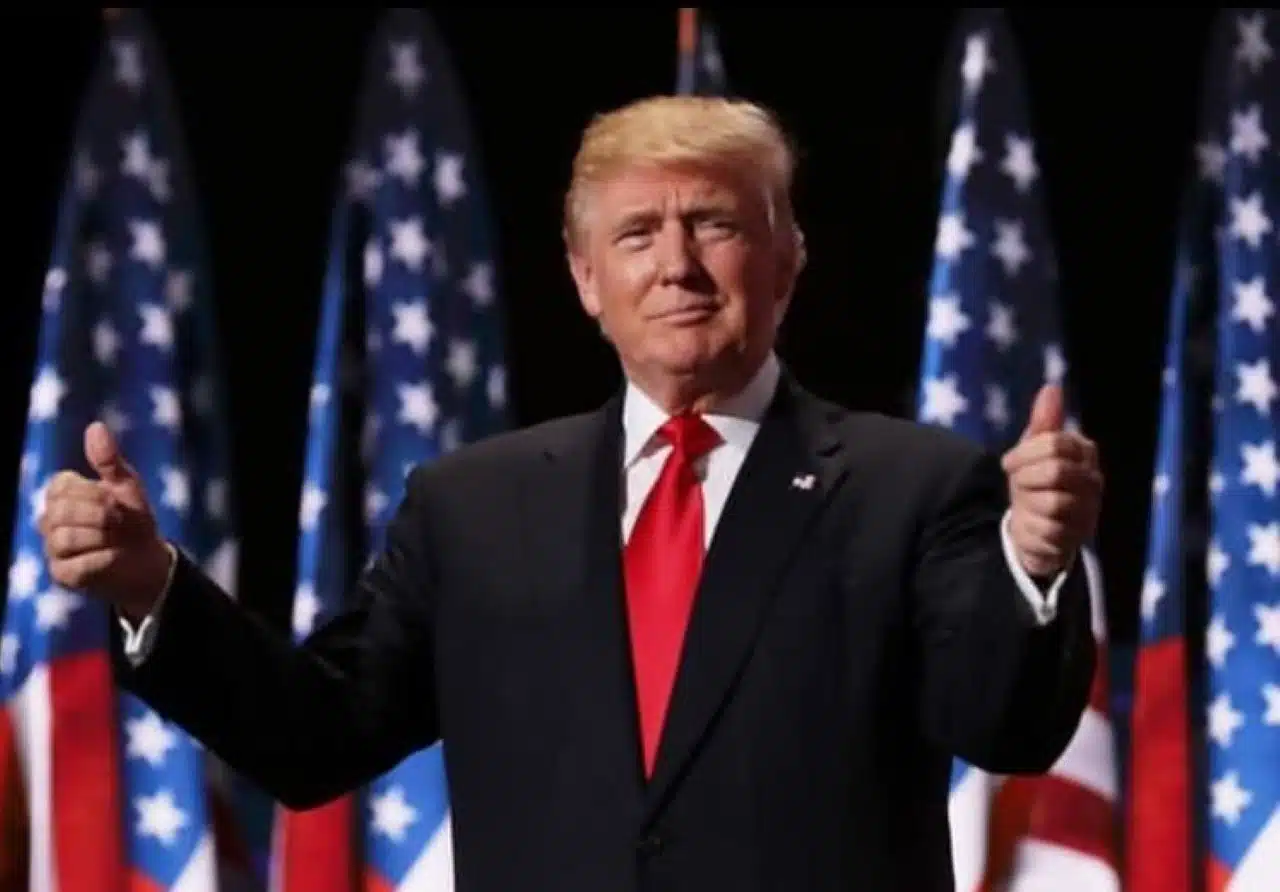The financial standing of U.S. presidents often reflects a blend of inherited wealth, investments, and income from personal ventures. In history, only two U.S. presidents have reached billionaire status—Donald Trump and John F. Kennedy.
Here’s a closer look at the wealthiest presidents at the time of their inaugurations, with insights into how they built and maintained their fortunes.
Donald Trump: Real Estate Mogul Turned President
Donald Trump, the 45th and 47th president of the United States, tops the list with a staggering $3.7 billion net worth at his first inauguration in 2017. Since then, his wealth has grown to approximately $5.3 billion, with a significant portion generated through property investments and the Trump Media & Technology Group. In 2024, the value of his media shares increased by 59%, showcasing his success in leveraging both his brand and business acumen in multiple sectors.
John F. Kennedy: Inherited Wealth and Influence
John F. Kennedy, the 35th U.S. president, ranks second, with an estimated net worth of $1.3 billion. Unlike Trump, Kennedy largely inherited his wealth, as his father, Joseph Kennedy, amassed vast fortunes through strategic investments and a brief tenure as the first chairman of the Securities and Exchange Commission in 1934. Kennedy’s family wealth laid the groundwork for his financial standing, making him one of the wealthiest presidents in U.S. history.
George Washington: A Founding Father with Extensive Land Holdings
As the first president of the United States, George Washington held significant wealth, valued at around $709 million. Known for his vast real estate holdings, Washington amassed wealth through substantial land ownership and agricultural operations. Historian Douglas Brinkley asserts that Washington’s farming activities, especially his cultivation of corn for whiskey distillation, significantly increased his income in early America. His status as a prominent landowner contributed immensely to his wealth and legacy.
Thomas Jefferson: Land and Legacy
Thomas Jefferson, the third U.S. president, had an estimated net worth of $286 million at the time of his presidency, largely due to the land he inherited from his father. A prominent landowner and planter, Jefferson used his inherited land to establish Monticello, his iconic estate in Virginia. Though he experienced financial challenges later in life, Jefferson’s wealth at his inauguration placed him among the wealthiest early presidents.
Theodore Roosevelt: The Wealth of New York’s Elite
Theodore Roosevelt, the 26th president, rounds out the list with a net worth of approximately $169 million. Born into one of New York’s most prestigious families, Roosevelt inherited a substantial fortune. His wealth supported his ambitious pursuits, from military service to political roles, and helped him cultivate a lasting reputation as a reformist and conservationist. Roosevelt’s cousin, Franklin Delano Roosevelt, would also become a prominent U.S. president, though with a significantly smaller personal fortune.
Summary
From inherited fortunes to entrepreneurial success, the financial profiles of America’s wealthiest presidents reveal the diverse pathways to wealth in U.S. history. While some, like Trump and Washington, generated wealth through business ventures and property holdings, others, like Kennedy and Roosevelt, benefited from family legacies that bolstered their political journeys. These five presidents not only left their marks on American governance but also became symbols of the varied economic legacies within the presidency.







































